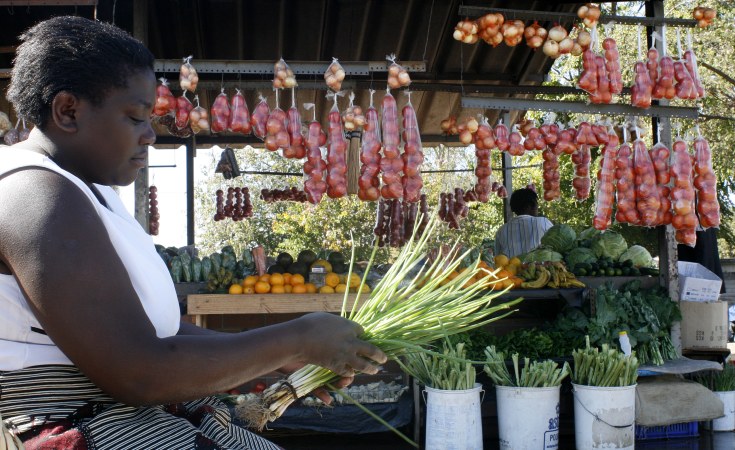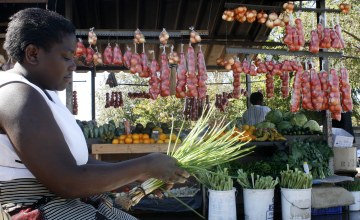A group of researchers at the eighth African Economic Conference currently taking place in South Africa's main economic city, Johannesburg, on Tuesday, October 29, stressed the need for African states to invest in the capacity of their institutions, build inter-state confidence, harmonize their legal instruments and lower their debt threshold in order to reap more benefits from regional integration.
A session entitled "Institutional Integration and Policy Coordination", dedicated to this reflection, was moderated by Sam Cho, Chief of Finance and Private Sector at the Economic Commission for Africa (ECA), and saw four presentations by researchers from Southern, East and West Africa.
Making a strong case for the adoption of harmonized laws as a cornerstone to easing investment in the context of regional integration in Africa, Regis Y. Simo, Doctoral Candidate at the Università Commerciale L. Bocconi in Italy, said the diversity of laws across African countries was a major constraint to trade and investment. He pointed to the Organization for the Harmonization of Business Laws in Africa (known by its French acronym - OHADA) as a good example, but regretted that it was only limited to Francophone countries due to the reluctance of Anglophone African states to adhere mainly for fear of their common-law system being "contaminated" by civil law. A trade-off, he said, would be necessary.
In his presentation on South Africa's response to migration within the Southern African Development Community (SADC), Prof Christopher Changwe Nshimbi of the University of Pretoria said the current bilateral approach governing migration in the SADC region was not tenable for regional integration. South Africa and her counterparts in the region needed a regional policy framework that would cater to issues arising from labour migration and therefore open up possibilities for a more cohesive and mutually beneficial system of management, he added.
According to Jérôme Ouedraogo, a student in Statistical Economic Engineering, the West African Economic and Monetary Union (WAEMU) community has positively benefited from borrowing to run its integration projects; however, its borrowing threshold must be reduced to 51 per cent for it to operate sustainably.
In a historical analysis of the road covered by the East African Community (EAC) on matters of regional integration, Patricia Mwithiga of the Kenya Red Cross Society noted that the REC has made a lot of progress since it reconstituted itself in 2002, especially in establishing a customs union and fully actualizing a common market protocol. However she noted that certain difficulties remained on the path to integration, including: the fear of loss of sovereignty by member states, certain bilateral conflicts, and the overlapping membership of states across several other regional arrangements.
Experts at the session made recommendations for the improvement of the papers presented, but saluted the effort of the mainly young researchers from across Africa.



